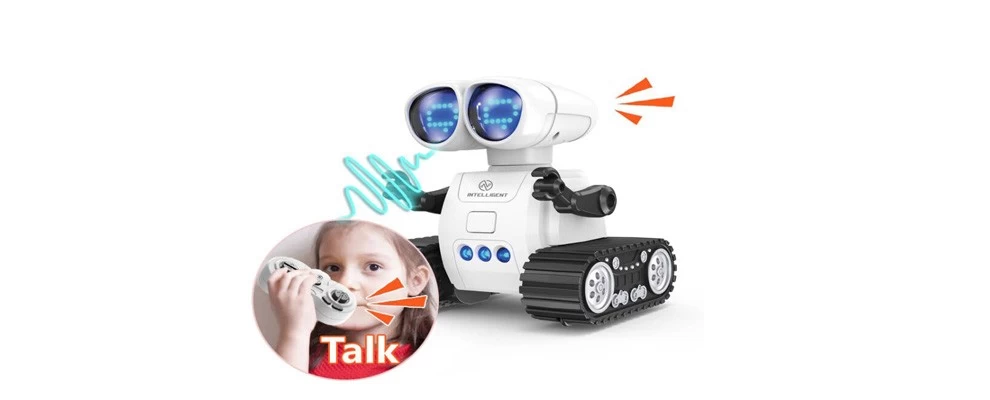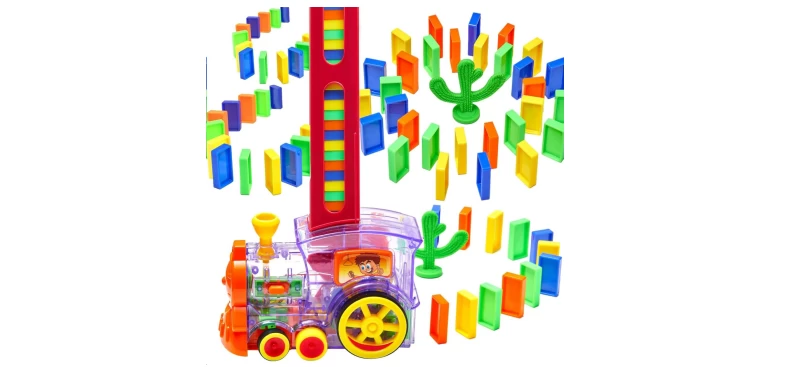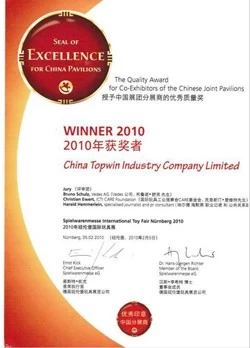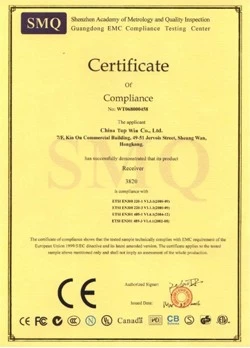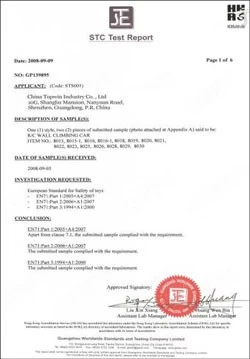Book about adults who still cling to their parents for guidance sparks debate on Chinese social medi
Selina
chinatopwin
2017-02-27 10:02:01
Book about adults who still cling to their parents for guidance sparks debate on Chinese
social media . One reason China has so many "big babies" is the traditional culture in
which parents spoil their children, experts say. "Why are you always relying on your
parents? Can't you make your own decisions by yourself? These are some of the
questions that Zhao Ming (pseudonym),27, often encountered before his recent breakup
with his girlfriend.
Having worked in Beijing since he graduated from university two years ago, Zhao's has
Having worked in Beijing since he graduated from university two years ago, Zhao's has
had three failed relationships.
The reasons, according to his latest ex-girlfriend, are that he is "too childish" and "not
The reasons, according to his latest ex-girlfriend, are that he is "too childish" and "not
husband material." He is used to the labels. Several of his friends call him "a big boy."
However, recently, they started to use the new popular term "big baby."
The term "big baby" refers to an adult who still behaves like a child: young and immature.
A new TV reality show called Chinese-styled Blind Date where parents help to choose
Zhao is a perfect son in his parents' eyes: kind, smart, hardworking and obedient. He
"He tells his parents everything. It made me feel uncomfortable and embarrassed,"
Zhao asks his parents for advice on what birthday gift to buy her and even discusses
"It sometimes felt like I was dating his parents, not him," she said.
Liu also cannot stand that Zhao barely does housework. When the couple lived together,
Fed up with being his "babysitter," she finally left him. "Yes, he is sweet and kind, but
Zhao's life mirrors that of many young Chinese. Ma Zezhong, a psychologist and the
According to Ma, the reason for this immaturity is complex, but family, education and
The way that parents treat their children is essential for their mental development. Liu
"Take myself as an example. I'm about 30 years old, and my mom who still lives in China
She knows it is the way her mother shows love for her, but she finds it hard to accept.
However, Ma stresses that that everyone has a little child inside them and big babies
As to how to combat the arrested psychological development of China's young, Ma
"Think positive. Go out and join more social communities. Experience more and read
The term "big baby" refers to an adult who still behaves like a child: young and immature.
Immaturity is not uncommon among Chinese in the post-80s and 90s generation.
The topic has become the center of attention on Chinese social media after famous
The topic has become the center of attention on Chinese social media after famous
Chinese psychologist Wu Zhihong's book Country of Big Babies was published recently.
A new TV reality show called Chinese-styled Blind Date where parents help to choose
dates for their adult children has also added fuel to the already heated online debate.
Zhao is a perfect son in his parents' eyes: kind, smart, hardworking and obedient. He
talks to his mom almost every day, and every time he has a difficulty or a decision to
make, he would discuss it with his parents.
"He tells his parents everything. It made me feel uncomfortable and embarrassed,"
said Li's ex-girlfriend Emily Liu. "He doesn't have a mind of his own."
Zhao asks his parents for advice on what birthday gift to buy her and even discusses
how to make up with Liu after a quarrel with them.
"It sometimes felt like I was dating his parents, not him," she said.
Liu also cannot stand that Zhao barely does housework. When the couple lived together,
it's always Liu that washed his clothes, tidied up the apartment and cooked meals
Fed up with being his "babysitter," she finally left him. "Yes, he is sweet and kind, but
what I need is a real man, not a big boy," Liu said.
Zhao's life mirrors that of many young Chinese. Ma Zezhong, a psychologist and the
executive director of the Beijing Association for Mental Health, said that compared with
the post-60s and 70s generation, the younger generation tends to be less mentally and
emotionally mature than their age would suggest. The primary factor stunting their
development, she said, was a lack of individuality.
According to Ma, the reason for this immaturity is complex, but family, education and
social environment play a big role. As only children, many post-80s and 90s Chinese
were spoiled or overly protected growing up, which is one of the factors that leads to
their slow mental growth.
The way that parents treat their children is essential for their mental development. Liu
Guo, a Chinese psychological consultant working in the US, agrees. She thinks it's
also a cultural thing.
"Take myself as an example. I'm about 30 years old, and my mom who still lives in China
often tells me what I should do and treats me like a child. In the US culture and a healthy
family, my mom's behavior would've been considered as boundary crossing because
I'm an adult and can make my own decisions," Guo explained.
She knows it is the way her mother shows love for her, but she finds it hard to accept.
However, Ma stresses that that everyone has a little child inside them and big babies
should not be completely ignored. He said it is important for people to acknowledge and
accept their immaturity so that they can make changes and push themselves to grow up.
As to how to combat the arrested psychological development of China's young, Ma
suggests that individuals socialize more to to enrich their life experience so that their
personality and individuality can develop and improve themselves so that they can
become more mature and wise.
"Think positive. Go out and join more social communities. Experience more and read
more so that the kid inside will grow up."


